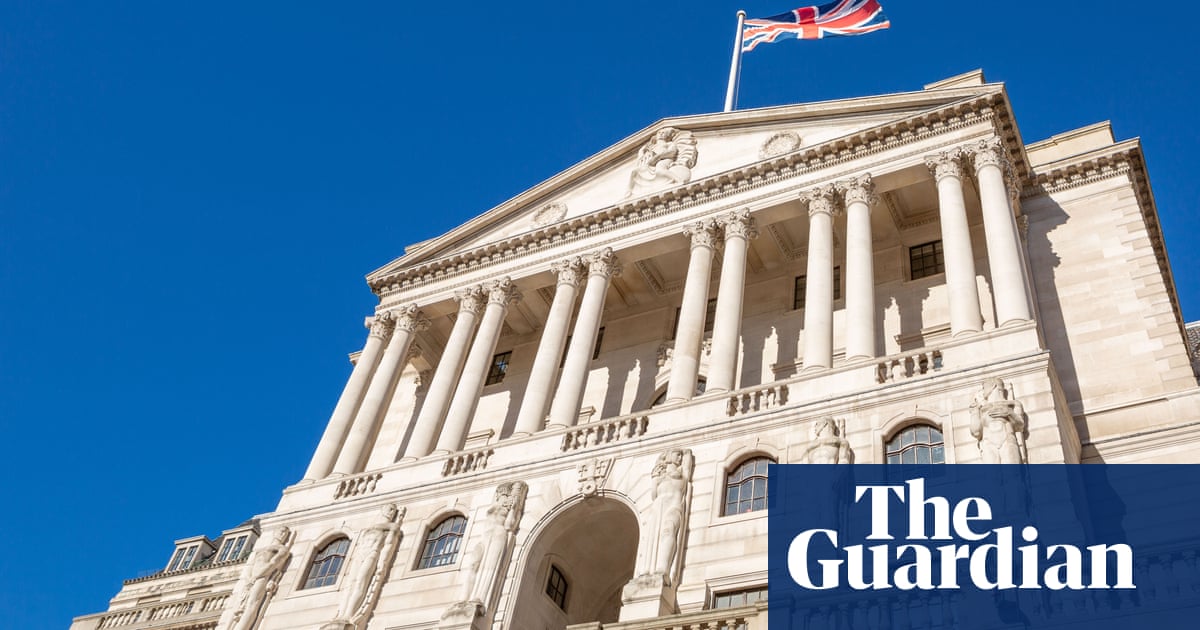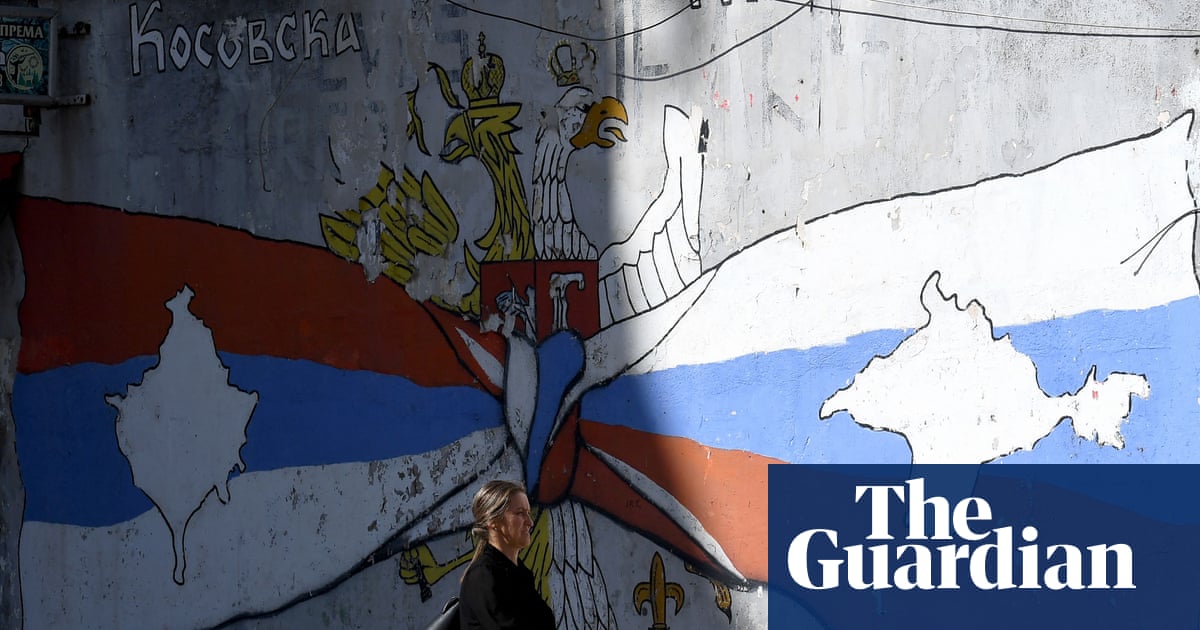
The assassination attempt on former Russian spy Sergei Skripal and his daughter in Salisbury poses many questions: Not least what should a measured and effective response by the United Kingdom government look like? It also proves that the UK needs friends on the international stage.
When Skripal and his daughter were found poisoned by a military grade Novichok nerve toxin, which had been developed under the umbrella of a covert Soviet program, it brought back memories of the Alexander Litvinenko polonium poisoning in 2006. That assassination also took place on UK soil and the evidence also led straight to the Kremlin. The authorities are now investigating more than 10 mysterious deaths of UK residents of Russian descent.
Until the security services could prove the origin of the toxin, there was much speculation. Once proven, action was swift. The government was rightfully outraged and condemned aggression against UK residents on its soil. Prime Minister Theresa May expelled 23 Russian diplomats with ties to the security services. Russia reciprocated and escalated by extraditing 23 diplomats, closing down the UK consulate in St. Petersburg and shutting down the operations of the British Council. The name-calling and blame game will go on for some time to come, but further tit-for-tat may not achieve the UK’s objectives.
The question is now what a commensurate approach should look like and how Britain can gather support amongst its allies. Extraditing around one-third of Russia’s diplomatic core in London sends a strong message not seen since the end of the Cold War. However, not sending the royals to this summer’s football World Cup will hardly leave an impression on President Vladimir Putin and his cronies. The UK does not have strong trade relations with Russia, from where it imports less than 1 percent of its gas. Said gas comes in the form of LNG shipments, which are fungible. However, critical infrastructure may be vulnerable to cyber-attacks.
Things get more material, but also more complex, when looking at the stock exchange, BP, and financial markets. Russia’s energy and mining companies use London’s Alternative Investment Market as a preferred venue for international listings. However, penalizing those companies would also penalize the notoriously volatile AIM market. To make matters worse, BP owns 20 percent of Russian oil giant Rosneft. This means that meaningful sanctions against Russia might backfire against one of the UK’s most important companies, if not the most important industrial company. This deserves due consideration. Another measure could be for the UK to pass its version of America’s Magnitsky Act, prohibiting people close to the Russian regime from laundering their money through the UK banking and real estate sectors.
Skripal affair proves the UK needs its natural allies in the European Union when faced with an adversary in Russia’s league.
Cornelia Meyer
Sanctions against Russia’s sovereign debt market might be where the Kremlin is most vulnerable. Around one-third of Russia’s bonds are owned by international investors, who welcome its high yields. The ownership is diverse though, and actions would have to be broad-based, international and concerted to have an impact.
To have a real effect on Russia, all of the above would require actions broader than those the UK could take on its own. In other words, the UK government needs to build an alliance with other Western nations to demonstrate resolve toward Russia. Here is where it becomes evident that Britain leaving the EU could not have come at a worse time.
May’s instincts were to go to her natural allies, France, Germany and the US. Reactions from France and Germany initially seemed lukewarm, but President Emmanuel Macron and Chancellor Angela Merkel came around once the matter was elevated to the level of NATO. Even President Donald Trump’s response was surprisingly forceful. As well as his strong words, UN Ambassador Nikki Haley condemned Russia sharply in the Security Council. The Treasury Department also finally came through with sanctions against individuals and entities suspected of meddling in the US elections. These sanctions may not have gone far enough for the liking of many, but they went further than anything seen so far from the Trump administration. They were certainly prompted in part by outrage over what happened in Salisbury.
The Skripal incident proves one thing first and foremost: The UK needs its natural allies in the EU as well as the US when the going gets tough. Russia is a power to be reckoned with: It spans 11 time zones, has a permanent seat on the UN Security Council, is one of the two top nuclear powers, boasts the world’s second largest gas reserves, is the world’s largest producer of crude oil, and has other mineral reserves in abundance. In other words, Russia is a major player on the international scene. When faced with an adversary in that league, everyone needs friends.
May’s instinct were correct when she first turned to her near neighbors of France and Germany, and then to the US. What happened thereafter proved that the UK may stand isolated if it cannot come to an amicable agreement on how to exit the European Union. The deliberations surrounding this week’s EU summit will indicate where that relationship is going. Hopefully the UK leadership has realized where its interests lie and what it stands to lose.
• Cornelia Meyer is a business consultant, macro-economist and energy expert. Twitter: @MeyerResources












